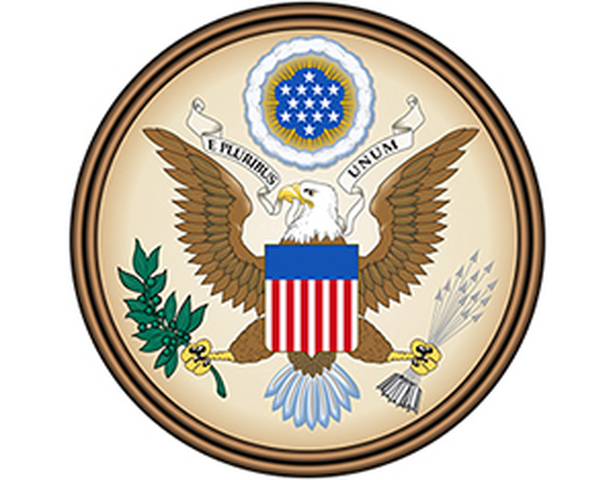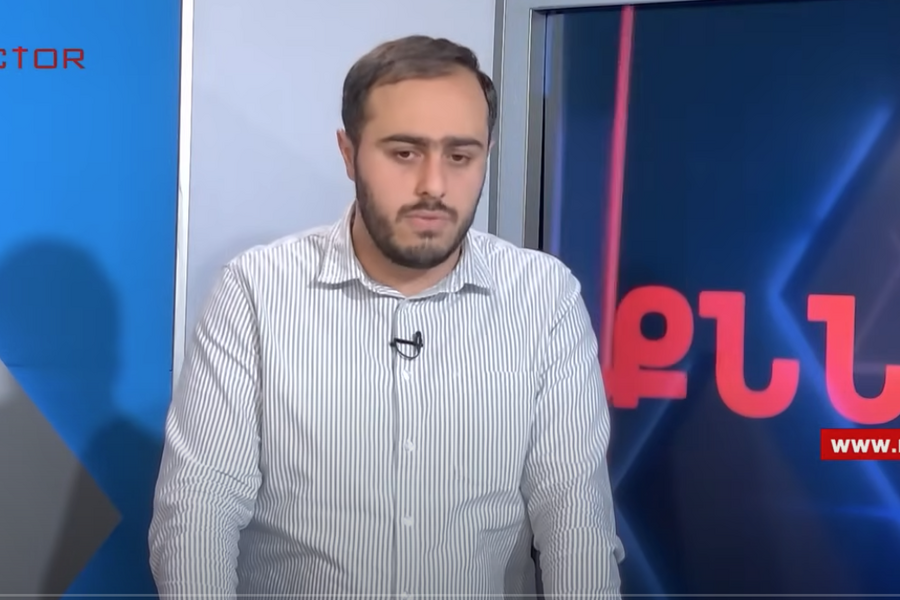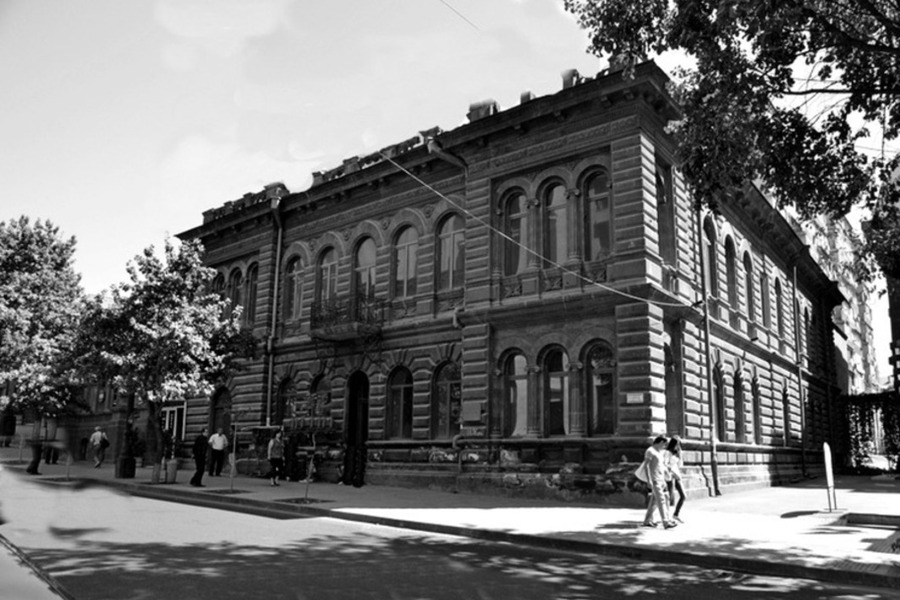US State Department's Armenia 2013 Human Rights Report: corruption is viewed among the most significant human rights problems
According to US State Department's 2013 Human Rights Report on Armenia, the most significant human rights problems during the year were corruption and lack of transparency in government, limitations on the right of citizens to change their government, and the limited independence of the judiciary. Allegations of persistent corruption at all levels of government undermined the rule of law, although the government took limited steps to punish corruption by low- and mid-level officials.
Despite candidates’ ability to campaign freely, flaws in the conduct of the presidential election included a lack of impartiality by the public administration, the misuse of government resources to support the ruling party, credible allegations of vote buying, continued shortcomings in the implementation of the electoral code, and a complaints and appeals process that failed to provide for effective redress.
“On March 5, the Europe in Law Association and Transparency International issued a joint statement condemning the Special Investigative Service (SIS) for its treatment of presidential election international observer Narine Esmaeili. On February 18, during presidential election monitoring, Esmaeili witnessed election fraud and was assaulted at a precinct in Artashat. Based on her testimony, the Constitutional Court invalidated the results of the election in that precinct. According to NGO and media reports, however, throughout the investigation into the assault and electoral fraud, SIS investigator Gorik Hovakimyan and SIS chief Andranik Mirzoyan demonstrated aggressive behavior toward Esmaeili and her lawyer. Despite the Constitutional Court’s decision, on July 26, the court acquitted the only suspect charged in the case, Sergey Muradyan, the son of the Artashat mayor, after the prosecutor dropped all charges against him. On May 2, the president dismissed Mirzoyan from his position reportedly for illicit acts in connection with an unrelated criminal case and failure to complete objectives set for him.”
It goes on to say, “Authorities occasionally harassed human rights groups and civic activists who engaged throughout the year in peaceful protests against a variety of high-profile issues such as an increase in public transportation and tuition costs, illegal construction in residential areas, the presidential decision to join a customs union with Russia, and others. From August 22 through early September, organized groups of six to 12 young men, sometimes armed with clubs and other blunt instruments, attacked activists at different spots in downtown Yerevan, sometimes after following them from protest venues. On September 5, in one such attack, a group of six or seven men severely beat the project coordinator of media watchdog Yerevan Press Club, Haykak Arshamyan, and a board member of Transparency International, Suren Saghatelyan. The two victims needed hospitalization with multiple abrasions and cuts on their bodies and heads, and Saghatelyan underwent nose surgery. According to the lawyer representing the two victims, police were very slow to act and reluctant to undertake standard forensic procedures.”
See Country Report on Human Rights Practices for 2013: Armenia





